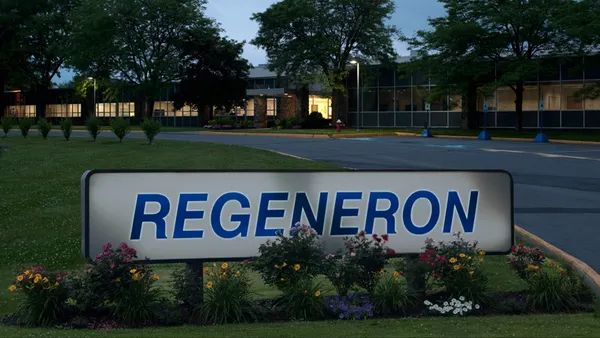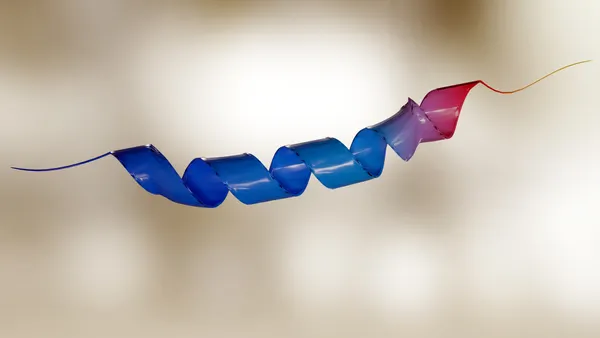Dive Brief:
- After Cel-Sci won an arbitration case against a CRO late last month, the biopharma appealed to its shareholders in a letter released Monday touting a promising future for its experimental immunotherapy in head and neck cancer.
- The dispute involved inVentiv (now know as SyneosHealth), which was contracted to carry out a Phase 3 trial for Cel-Sci's Multikine. The CRO was found to have knowingly misled Cel-Sci, having promised to recruit 880 patients within 15 to 18 months. Instead, it recruited only 117 patients between 2011 and 2013.
- Cel-Sci hired a new CRO, and recruitment finally completed in September 2016 with an expanded patient total of 928. The company's overall aim for 2018 is to get to the much-delayed readout of the Phase 3 trial for Multikine, which it hopes will confirm the drug's efficacy.
Dive Insight:
Flushed with success after winning a breach of contract arbitration with contract research organization inVentiv (now Syneos Health), Cel-Sci touted its future in the letter to shareholders, as well as emphasizing the damage done to Cel-Sci's value by delays in the clinical trial.
According to Cel-Sci's letter, investors that backed away during the arbitration process should come back.
"Now that the arbitration is resolved in our favor, this should no longer be an impediment to investors and should result in renewed investment interest in Cel-Sci," said the letter.
The company is looking forward to the Multikine Phase 3 data, believing that it will have a significant impact on its market cap.
Cel-Sci boldly predicted that the compound, given Food and Drug Administration approval, would become part of the standard of care to be used in first-line head and neck cancer.
"Cel-Sci is a cancer immunotherapy company… In the past 18 months, several successful Phase 3 cancer immunotherapy companies were sold for $7 billion to almost $12 billion. They had positive survival data from their pivotal studies, but had not yet received FDA approval. Recently, one cancer immunotherapy company with not yet completed Phase 3 studies was sold for about $1.6 billion. Should the Cel-Sci Phase 3 study be successful, the potential market for our drug will be substantially larger than the markets of the multi-billion dollar companies mentioned above," said the letter.
The prospects for Multikine might not be as rosy as the company purports. The delays to clinical trials were only in part due to the actions of the CRO — Multikine has been in development for the better part of a decade. The drug was placed on partial clinical hold for about a year. The future for Multikine is anything but certain; although that's not how Cel-Sci is selling it.











